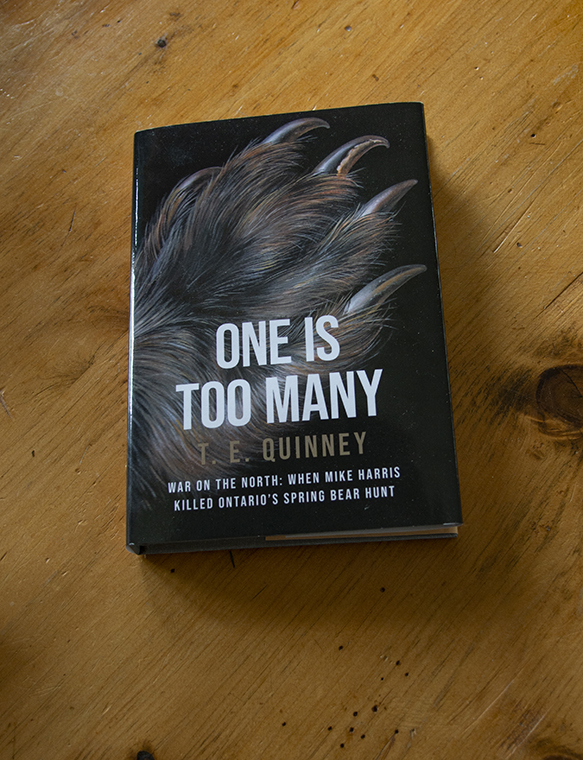
MSRP: $34.49 (hardcover) Also available in soft cover and e-book editions.
When Mike Harris’ provincial government cancelled Ontario’s spring bear hunt in 1999, author Dr. Terry Quinney had a front row seat. As a biologist and provincial manager of fish and wildlife for the Ontario Federation of Anglers and Hunters (OFAH), he played an important role in the legal and public relations battles that followed. This 233-page book published by Friesen Press is written from that unique perspective.
One is Too Many is a passionate behind-the-scenes account of the cancellation of the bear hunt and the hard-fought, yet unsuccessful, legal battle to reinstate it — but it also teaches the reader about the complexities of managing wildlife, the pitfalls of prioritizing ethics over science, and how easily politicians and public opinion can be manipulated.
The book reveals the broken promises made by the provincial government to the beleaguered bear outfitters in the north. It summarizes the court proceedings by highlighting the testimony of key witnesses on both sides of the argument. It also details how a relatively small, but well-funded, coalition of animal-rights activists from southern Ontario, upended a way of life for many in the north, by taking actions that threatened the Harris government’s tenuous grasp on power.
One is Too Many origins
Perhaps, more than anything, this was a coming-of-age issue for the OFAH. The book reveals the behind-the-scenes work and campaign that the federation and its allies launched in an effort to reverse the decision. When asked why he wrote the book, Dr. Quinney said, “The unexpected cancellation of the spring bear hunt was unprecedented in the history of wildlife management and highly traumatic for thousands of people…I thought about the victims of the travesty. I thought about the numerous consequences of terminating the hunt: foremost, the harm to people from the abuses of power in its many forms; also, the harm to wildlife conservation, hunting, and northern Ontario.
Also, I thought about the courage of Rick Morgan, Dave Ankney, Elsie Meshake, Bud Dickson, James Anderson, and many others. I thought about the vulnerability of culture, heritage, and ways of life in the face of apparent complacency shown by many of my fellow Canadians. And I thought about what those Canadians might conclude if they had witnessed what I had. Finally, I also thought, who else is alive today that could tell the story?”
Thankfully, Dr. Quinney is. His book is well-written, thoroughly researched, and extensively attributed. Most importantly, it details the greatest threat to conservation, the northern way of life, and hunting, that this province has ever faced — something we should all be familiar with.


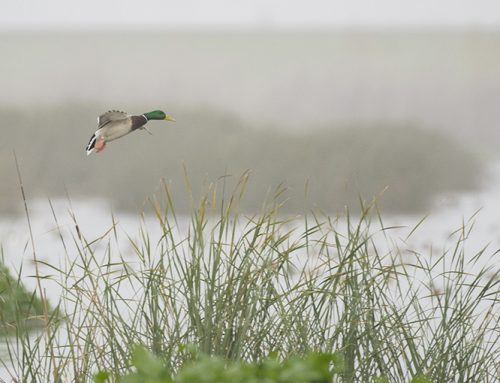
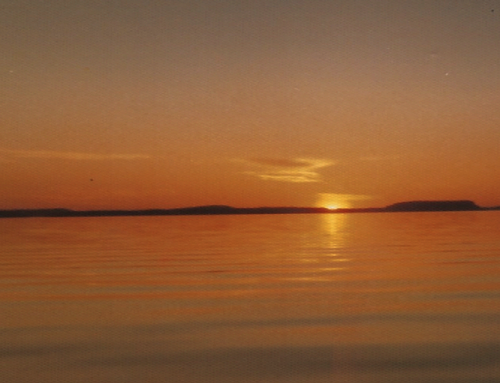
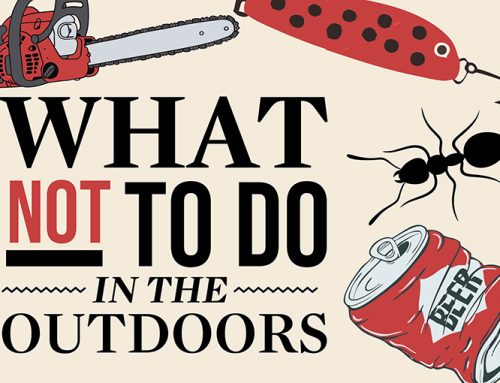
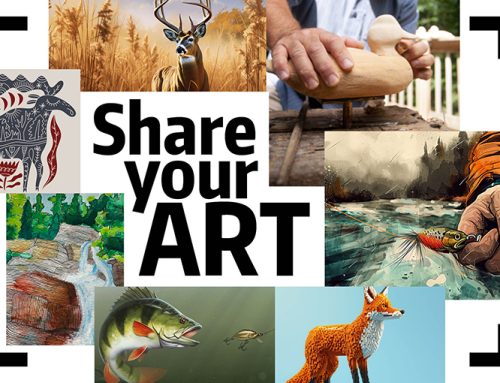
Leave A Comment